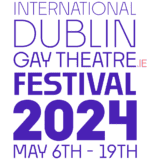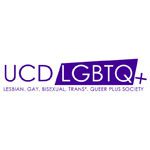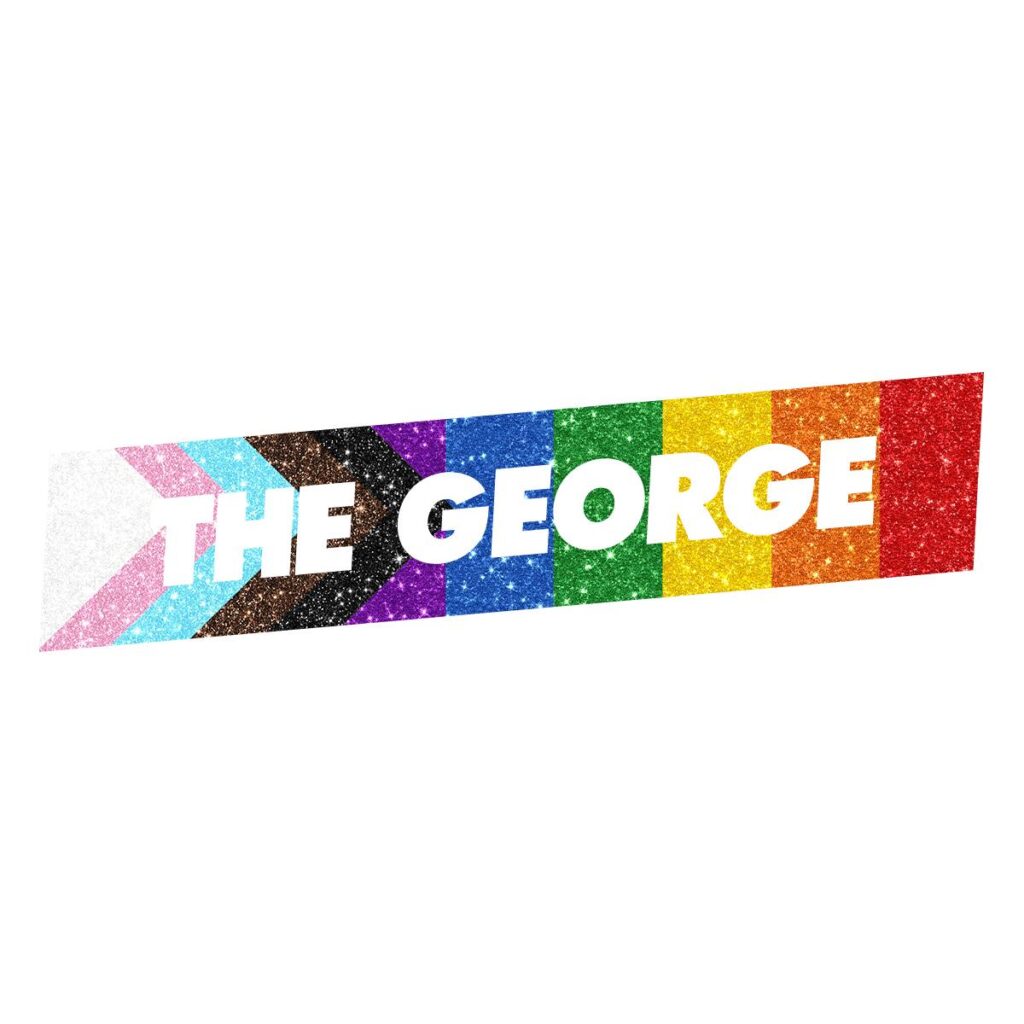Thank you for your invitation to speak today – it is rather a narrow topic and I am sure, having been alphabetically ordered, that by this stage, the distinguished speakers have already covered the issues comprehensively. So I will try to take a particular perspective. I want to ask some questions and set you some challenges.
LGBT people are like all others, born with distinct characteristics that complete their identity. These characteristics can be used positively or negatively in policy and culture, to lead a fulfilled life or to justify the placing of barriers on the road to personal, social and economic freedom and participation, not encountered by other people. How do we cope with that? LGBT people come to expect and tolerate a higher degree of discrimination. We always have. We became tougher, as so many young people who found they were no longer connected with family or community, in a way they were schooled to expect, became independent in their need to survive. The strong ones did anyway. It is comforting to speak in the past tense about that, but it is not wholly accurate.
We all have our differences. It’s what makes life interesting and it is of use. As the recent referendum demonstrated – society needs its minorities. Why? Because minorities often create the opportunity for the majority to come together, to finally do the right thing and what celebrations ensue! Just as was said post decriminalisation – ‘sure you are all legal now, what’s the problem? This is not an accurate analysis of what our life experience is or what has been embedded in a workplace and societal culture.
Watch out for the signs. I worked while doing my Masters here in UCD on a school show and noticed that within a day or two, many students made a point of telling me one of the teachers was gay – I was never told anything personal about any other teacher. Section 37 of the EEA allowing religious bodies to discriminate in order to protect their religious ethos was not born as a measure to discriminate against LGBT employees, it was born to protect a minority religion from being subsumed by the majority religion’s ethos in the healthcare system. Beware of the law of unintended consequences. I recall when civil partnership was introduced, public servants who applied for their legal entitlements to seek ‘marriage’ leave were now risking endangering their employment, if they worked in the health or education sectors. The majority religion was delighted to support the minority religion’s rights, smartly recognising the exemption as a licence to discriminate against another minority they found far more threatening.
As we celebrate this new equality, we pay little attention to the legacy issues. To those who were prohibited from getting married or believing they could sustain a relationship, as families ignored their need to love, it is too little too late. Those whose compulsory singlehood, means that even if they had a partner at 65, this legislative reform came too late to provide for pension qualification, as they retired before 2011 and the discrimination remains ongoing for those people in their older age.
At one time, the common bond of shared discrimination united us – there is a divide now – a generation who are born free and those who were not – it is vital not to leave them behind as we stand on their shoulders. I see many signs that that is exactly what will happen in our new freer culture.
There is also a human reaction on our side. When you are no longer different, nobody wants to interview you – and I know some NGOs are finding this new normality quite an adjustment, as are young people who created a media identity from being ‘different’. We are not. We must not create issues for the sake of maintaining profile. I asked Messrs Manning and Mills on Twitter would they ever be invited to speak anywhere by the Iona Institute once the referendum was decided? I’ve been proven correct. A dysfunctional society rendered us different because it was incapable of inclusion. The new Republic thrived on finding, ostracising and punishing difference – ask the Magdalens, the institutionalised children, people with disabilities and many others including of course ourselves. Perhaps we will finally no longer need to explain ourselves in our families, in our communities and in our workplaces? That will help.
It is held that customers are more likely to ‘do business’ in a place where you can ‘see yourself’ behind the counter. How many LGBT citizens see themselves reflected in their workplace or service providers? Diversity means difference – but it is not acceptable for us to wait to be declared or labelled different or to accept any such declaration. It is for employers and the service providers to develop the knowledge and capacity to respond to difference. In doing so, it will clearly see the merit and ability of all workers. Those who don’t, or don’t want to embrace this equal opportunity, may plead the ‘cost factor’ in accommodating diversity. How much does changing your attitude cost? – nothing. Attitudes change more rapidly when there is leadership from the top. Attitudes that have been embedded in workplace culture for decades, will not be changed in any meaningful way overnight. They will not be changed by holding a conference, tolerating a small diversity project, setting up an LGBT committee, while concealing the old ways at the core. Real change means invoking the merit principle and sticking to that in the workplace.
It is important too that the outcome of the referendum does not push our detractors underground, where they can influence and thrive. There are those who wish to maintain discrimination and they exist, but dangerously are perhaps now less visible. There is an advantage in being able to see ‘the enemy’. Discriminators must be told clearly that it is they who now behave differently, by being out of step with an inclusive, pluralist society. The boomerang of difference must be swiftly returned to those who seek to discriminate. The responsibility to explain such behaviour is now theirs, not ours.
Human rights are not something one group gives to another – they are something you
- Have the capacity to recognise and respect in one another. We have a decent set of legal protections in the Employment Equality and Equal Status Acts. Law sets benchmarks and creates systems for redress. Real equality means not having to assert ones rights and seek redress, to live free of discrimination or harassment.
- Our action is needed in asserting our cultural rights. Tackling the ‘whispered’ or implied attitudes that will still invisibly deny us access, or promotion or training opportunities and advancement in the workplace. Women were guaranteed equal pay and equal rights at work by law in 1974 – look what happened in practice – it is difficult for law alone to shift embedded culture. However, unlike change imposed by the Courts or legislature, we have a distinct advantage here. This societal change was imposed by the will of the electorate, and embedded in the Constitution – that in itself is a crucial cultural statement of citizenship and value, long overdue. It is the only form of national apology offered, but it is bittersweet, especially for older people to now see affirmed, that the discrimination they suffered was never necessary in the first place. That is tough.
- I remember when I joined the Equality sector in 1993, I had already committed to producing ‘La Cage Aux Folles’. No gay actor would play the leading drag role of Albin/Zaza and I eventually had to do so myself or the show could not proceed. I didn’t want to. I knew there would be a price to pay.
- Despite winning an award for the performance I, who had enjoyed a decent life performing in musical theatre, was never cast in a ‘straight role’ again! Luckily it coincided with my returning to work on a job-sharing basis – another unique thing for a man to do in the 1990s. And people kept asking me was I job-sharing to raise children! My new work colleagues all attended the show in The Olympia and the Chair of the Board joined in the standing ovation. But afterwards at formal events or boring dinners, she often ‘spiced up’ the after dinner conversation by stating that ‘I had lovely legs’ and then proceeded to laud me for my performance, BUT the code and the message was clear. There was a need to reveal my status. There is something weaker about the gay man. Perhaps something unreliable, even if he has lovely legs! That sniggering culture still thrives today.
- Let us be clear – the referendum was not just won by the great campaign (and it was great) – our win was painstakingly achieved by each and every person who came out in the preceding decades. That should be acknowledged more generously than it is. It was won by those who marched first, who lost their jobs, were jailed, emigrated, got ill because no one would talk about or medicate AIDS, or dared to tell their stories and demand that they would be listened to and heard. A decade after decriminalisation, we were still hiding in the shadows and behind masks. That is why I founded the world’s biggest gay theatre festival in Dublin in 2004. Theatre is a rare space where stories can be told.
- It was time to tell our stories critically not to ourselves but in the mainstream. 3,500 performances later, 95% of which is new writing, we still struggle to be included in the arts sector, and to be heard by audiences. Even our allies self exclude themselves by saying ‘good luck, but there is nothing relevant in that for me’. There is – there is the voice of someone who lives and works beside you, in your society, is subject to your laws and despite your own comfort with that society, has lived a very different life in Ireland or abroad. This year, we tell the stories of the gay heroes of 1916 and there were many including Pearse and Nurse O’Farrell – you weren’t taught about them, but they were there. The only thing the gay community wasn’t blamed for in the last 100 years was surrendering on behalf of Ireland in 1916 – we did. No LGBT role models were permitted in Irish culture so we were ‘Eirebrushed’ – airbrushed because we didn’t fit the new Ireland. We are also bringing a play from Russia and one from Iran this year, and the story of Alan Turing – hero one minute – condemned the next. Rights won today can disappear tomorrow, unless we are consistent in our own values and courage.
- Don’t just fight your own discrimination in the workplace – fight discrimination wherever it occurs. The courage that led people to come out over decades, is still needed today, except we have the right now to point out difference – difference in treatment, in behaviour and in respect. That is wrong and it is up to us to say so on our own behalf and on behalf of groups who have not come as far as we have.
I was never openly discriminated against – people knew that I had learned to tackle that form of discrimination head on. What I encountered was far more covert. It is the whisper at the coffee break at the interview panel. The slight hesitation at the reference phone-call, the mention of your family status, or of course the physical gesture. And people in positions of privilege, still sore at the defeat of exclusionary Ireland will, like the Masons, still find a means to use their codes and ‘handshakes’ to get their prejudiced points across.
I have during my career been present at many a human rights discussion. I have heard a ‘human rights’ protector proclaim that the current ‘gay agenda’ was to ‘tell people not to kneel down at mass’ or as another protested that she had’ given two of them a lift in her car one day’.
So while the electorate’s message is clear that we are no longer different – the challenge has always derived from the fact, that we accepted the shame and the ill treatment in the past. Do not accept being treated differently now. Your personal life can remain that or you can share it openly in work. What is different and shameful is ongoing discrimination and whether it is on this ground or any other. We have learned the hard way – our commitment to combating discrimination should not be just for ourselves, but to combat all forms of discrimination. Where its existence can be tolerated, it can be reborn.
I have always believed in equality, and even I found it a challenge to fight blatant, hurtful, discrimination. I was giving a talk one day and when I left, I asked myself what I was going to do about the discrimination I was facing. In order to seek redress we need to ‘out ourselves’. So I did take on two bodies. One a bank and the other a service provider and challenged their harassment and discrimination. (Give details of cases). I practiced what I required of others, challenged and won. It wasn’t easy, but putting up with discrimination is worse.
Nobody here needs special treatment in the workplace of the future – we need equal treatment. Though the laws protect us from discrimination in employment and in the provision of goods, facilities, services and accommodation, we who have made progress, now have an ongoing duty to challenge the concealed actions of those who cling onto their powerful positions, where they can discriminate, covertly, at will.
We are stronger now. Our self esteem and mental health is better. Our families are more loyal, our communities more welcoming. We have a right to expect fairness and to be judged only on our many merits. We each must work to ensure that, not only for ourselves, but to prevent other minorities accepting or facing what we did. Ireland is a better place now, but our duty is to embed a new culture of respect in workplaces and communities where none previously existed. Ireland has been cosy without that for 100 years. It’s a lot of time to make up for.








